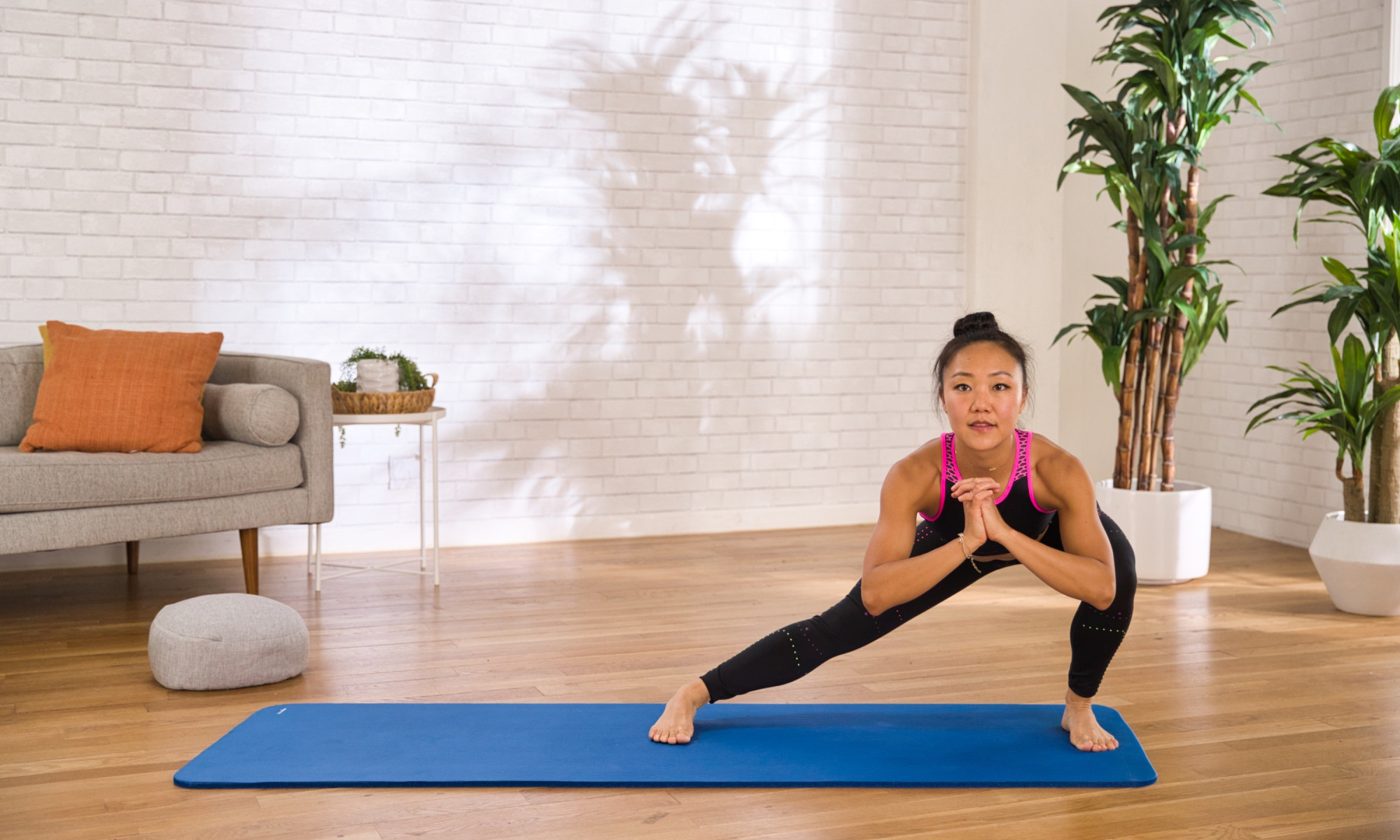4 Tricks To Train Your Circadian Rhythm For Better Metabolism & Longevity
Retrain your circadian rhythm, stat.

Graphic by Aric Prather, PhD May 06, 2025 We carefully vet all products and services featured on mindbodygreen using our Our selections are never influenced by the commissions earned from our links. Your circadian rhythm controls your sleep-wake cycle, but make no mistake, it impacts so much more than a good night's rest. It determines which hormones are released for ovulation and digestion, when your memories can consolidate, how well your immune system recovers, and so much more. However, your circadian rhythm can easily become out of whack from a variety of environmental and behavioral factors (waking up before dawn, eating late at night, staying up late watching Netflix…). Not to fret—Prather has a few tips to retrain your circadian rhythm, stat: "The first thing you want to start with is maintaining a stable wake time," says Prather. It can be trickier than it sounds, especially if you prefer to sleep in on the weekends. But according to Prather, sticking to a consistent wake-up schedule will set you up for sleep success in the long run. "Ultimately, it makes your bedtimes more predictable," he says. "The one thing we can control is when we wake up, so for people that have insomnia, that's a better approach." Meaning, rather than putting in all the effort at bedtime (and potentially growing frustrated and even more wired), controlling your wake-up time each morning can help your brain learn that sleep-wake cycle. 2. If you live in an area that doesn't get much natural light (or you tend to wake up before sunrise), Prather recommends investing in a lightbox of at least 10,000 lux. "[That light for] 30 minutes will help train your circadian rhythm," he notes. Consequently, when the sun goes down, you'll want to protect yourself against artificial light exposure. "Blue light exposure from screens can impact melatonin production2, so you just have to be thoughtful about that," be says. "As the sun goes down and you begin that transition into bedtime, you certainly want to be protecting yourself against bright lights and screens." Perhaps invest in a pair of blue-light-blocking glasses or certain apps that can soften the glare and counter flicker effects, like Iris Tech or f.lux. While you're at it, feel free to snag a natural sleep aid for an extra sleep-supporting kick (here's our expert-approved list). 3. It might be tricky, especially with unpredictable schedules, but Prather advises eating around the same times, if you can swing it. In fact, if your circadian rhythm becomes misaligned (say, from travel), standardizing your meal times is one of the best ways to get it back on track. "Start eating [in the morning] even if you're not hungry because that will put you in a place that will tell your body, I'm in a different zone. I need to shift my circadian rhythm. The more you can be consistent with that, the more robust it can be," says Prather. "The other thing that has been shown to be effective in maintaining people's circadian rhythms is physical activity," says Prather. "Doing physical activity, ideally around the same time each day, will train your rhythm [and] allow you to make it more predictable for your body." Just make sure you don't exercise too close to bed (like less than two hours before), or it might get you too wound up. See, vigorous exercise raises your core body temperature, which can make it harder for some people to fall asleep. A walk or quick stretch should be fine, but you might not want to engage in anything too intense.
Mind your light exposure
Keep meal times as consistent as you can
The takeaway
Not all of Pather's tips will work for your lifestyle or schedule, and that's OK—just do what you can. The key is to make your routine as predictable for your body as possible. "There are a lot of environmental things that tell your body what it's supposed to be doing," Prather adds. "The more predictable those things can be, the more entrained your rhythm is."

 JimMin
JimMin 

































